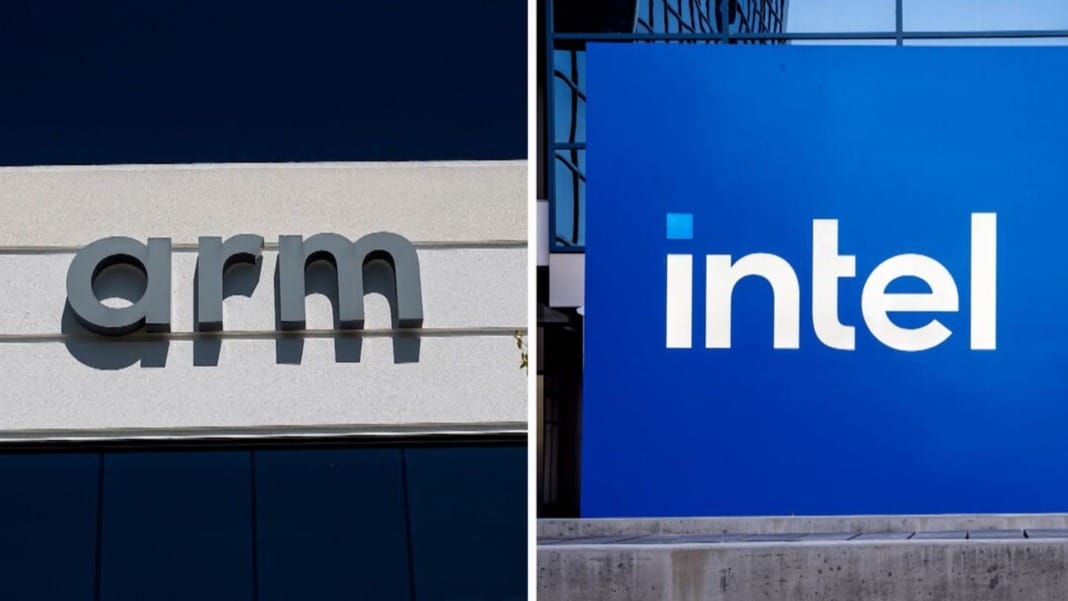In a surprising development, Intel has reportedly turned down an offer from chip designer ARM to purchase its core product division, according to a report from Bloomberg. ARM made what was described as a “high-level inquiry” into buying Intel’s product unit. Still, the tech giant responded firmly that the division was not for sale, according to an unnamed source familiar with the matter.
Two main divisions at Intel
Intel’s business is split into two primary divisions: the product group, which sells chips for PCs, servers, and networking equipment, and its foundry division, which handles chip manufacturing. According to Bloomberg’s report, ARM was only interested in Intel’s product division and had no desire to acquire its foundry business. Representatives from both companies declined to comment on the matter.
Intel has long been a leader in the semiconductor industry, but its fortunes have taken a steep downward turn in recent years. This trend has been especially noticeable over the last 12 months, with the company reporting significant losses and enacting major cost-cutting measures.
Intel’s financial struggles
In the second quarter of 2024, Intel reported a net loss of US$1.6 billion, a sharp contrast to its once-dominant position in the industry. The company also announced plans to lay off 15,000 employees for a US$10 billion cost reduction effort. Additionally, Intel recently revealed plans to spin off its struggling foundry business into an independent subsidiary to revive that division’s performance. Intel’s market value has halved over the past year, making the company worth around US$102.3 billion.
Despite these setbacks, Intel is still seen as a major player in the semiconductor space. The company’s product division remains at the heart of its business, selling essential chips for various devices, including personal computers, servers, and networking hardware.
ARM and other potential buyers
ARM, on the other hand, does not manufacture chips but licenses its processor designs to major tech companies such as Qualcomm and Apple, particularly for mobile devices. If ARM had succeeded in acquiring Intel’s product division, it would have marked a significant shift in its business model. However, that possibility now seems unlikely, given Intel’s clear rejection of the offer.
While ARM may have failed in its bid, Intel’s vulnerability has not gone unnoticed. Last week, reports surfaced that Qualcomm had also expressed interest in purchasing Intel. However, any deal involving ARM or Qualcomm would likely face significant regulatory hurdles, making such mergers highly complex.
Intel does have other potential options to attract investment. According to Bloomberg, Apollo Global Management, which owns media companies like Yahoo and Engadget, has offered to invest up to US$5 billion in Intel. Additionally, Intel is considering selling part of its stake in the chip maker Altera to private equity investors, which could help raise much-needed funds.
For now, Intel remains focused on addressing its financial struggles and maintaining its position in the semiconductor market. Whether any future offers for its divisions will emerge remains to be seen, but it’s clear that Intel’s weakened state has attracted interest from major players in the tech world.





